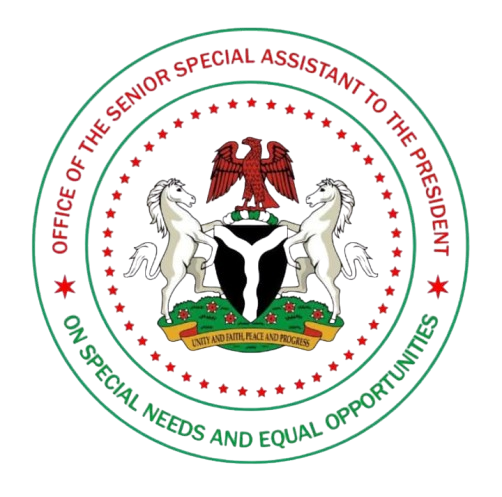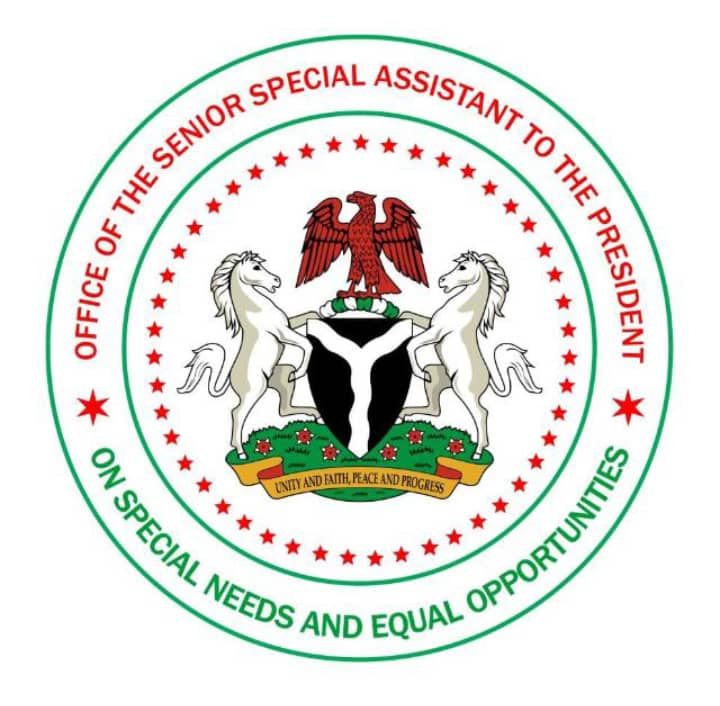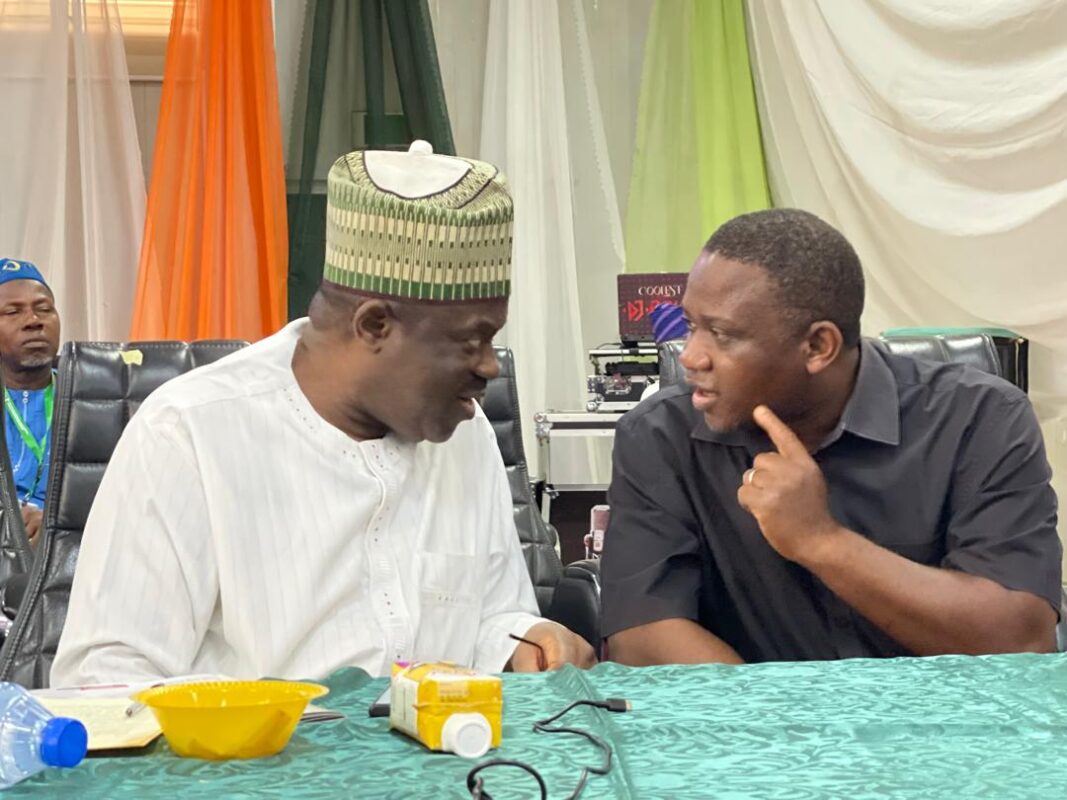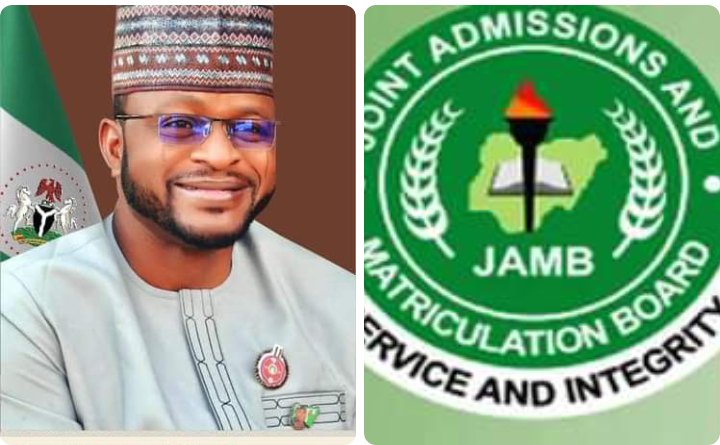
By Lanre Oloyede
Senior Special Assistant to the President on Special Needs and Equal Opportunities, Hon. Mohammed Abba Isa, has recommended that JAMB Equal Opportunities Group, JEOG, and other stakeholders in inclusive education should forge alliances across Africa by creating a regional network focused on sharing best practices, funding opportunities, and research that promotes inclusive education for Persons With Disabilities, PWDs.
Hon. Abba Isa gave the recommendation at the First African Regional Conference on Equal Opportunities of Access to Higher Education organized by Joint Admission and Matriculation Board, JAMB through the JAMB Equal Opportunities Group, JEOG.
With the theme: Advancing the Potentials of Persons with Disabilities in Educational and Economic Development, the Senior presidential aide noted that the conference echoes a cause deeply rooted in justice, fairness, and humanity.
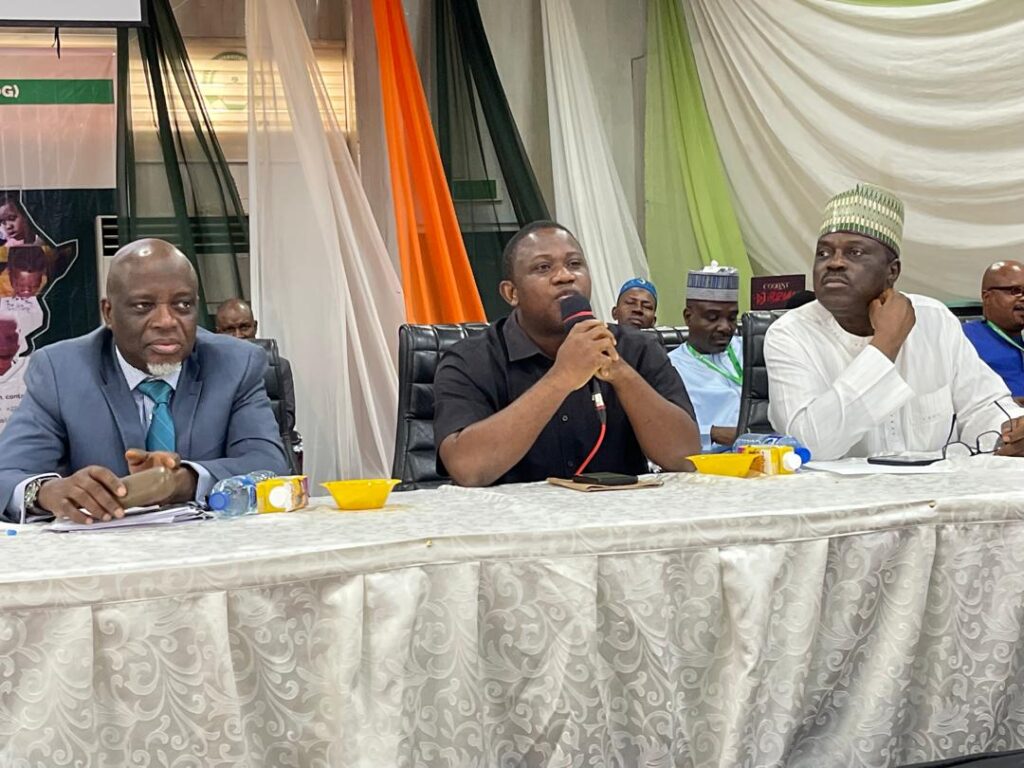
The SSAP maintained that the theme challenges stakeholders to reflect on the policies, systems, and practices that either enable or hinder the full realization of the immense potential that persons with disabilities (PWDs) bring to society.
While delivering his goodwill message, Hon. Abba Isa, who was ably represented by his Director Media and Communications, Lanre Oloyede, mentioned that the conference addresses a subject critical to the progress of Africa and, indeed, the global community: the advancement of persons with disabilities through education and economic development.
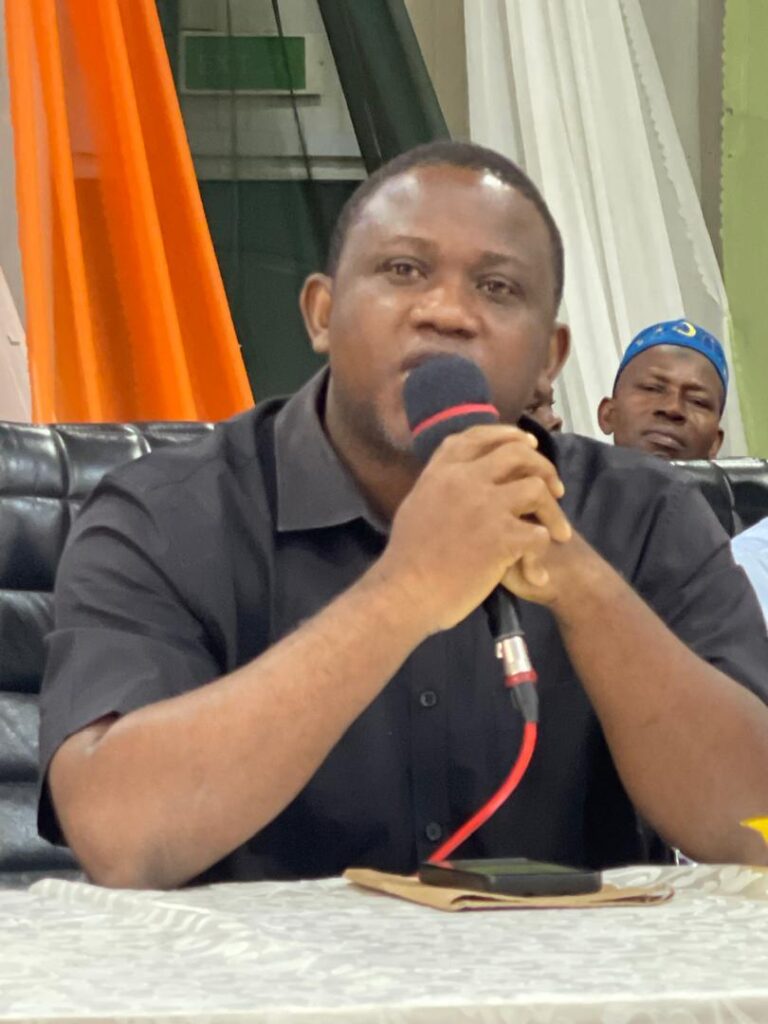
The SSAP affirmed the unwavering commitment of President Bola Ahmed Tinubu’s administration to ensuring that equal access to education is not just a vision but a reality for every Nigerian, including persons with disabilities.
He stressed that education being the bedrock upon which inclusive societies are built, opens doors to opportunities, promotes innovation, and nurtures talent, hence none of this should be restricted by disability.
“As we have observed, access to education remains a fundamental issue, but we are making significant strides. In 2018, Nigeria enacted the National Disability Act, a monumental step toward safeguarding the rights of persons with disabilities. This law not only guarantees access to public infrastructure but also mandates inclusive education, providing a legal framework for the integration of PWDs in the educational system.
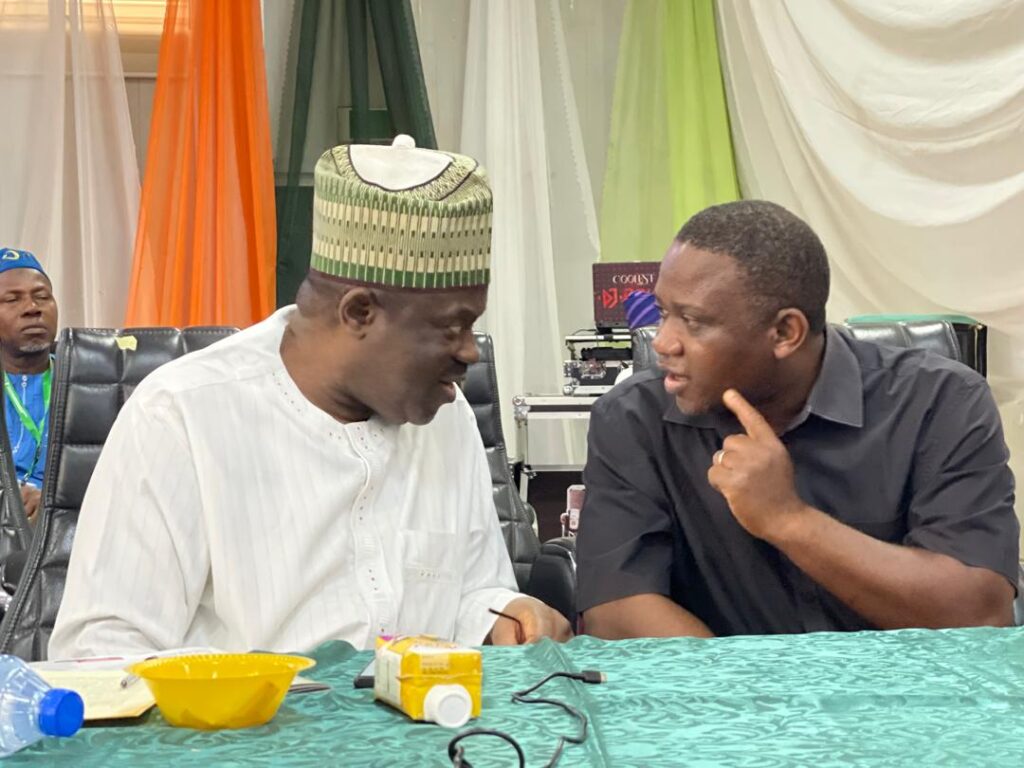
“Furthermore, under the National Commission for Persons With Disabilities (NCPWD), we have begun strengthening partnerships with educational institutions across the country, ensuring the provision of reasonable accommodations like accessible learning materials, assistive technologies, and special teaching methods. JAMB itself, through the JEOG, has been a trailblazer, leading the charge in leveling the playing field by offering special examination centers for PWDs. This initiative has greatly expanded access to higher education for those who were previously marginalized.
“The Tinubu administration remains committed to furthering these achievements. We will continue to provide the necessary support and resources to make educational institutions accessible to all Nigerians, irrespective of physical, sensory, cognitive, or psychosocial challenges.
“The link between education and economic development is undeniable. When persons with disabilities are equipped with the tools and knowledge to succeed in education, they are better positioned to contribute meaningfully to the economy. Our goal is to ensure that PWDs are not just recipients of education but active agents of change, capable of driving innovation and economic transformation.
“Across Nigeria, we have seen the fruits of this empowerment. Persons with disabilities are breaking barriers and excelling in a wide range of fields—from engineering to the arts, from entrepreneurship to academia. Yet, while we celebrate these successes, we recognize that more must be done to provide the enabling environment for these talents to flourish.
“Despite the progress we have made, significant challenges remain. Many PWDs still face barriers to quality education, be it in the form of inaccessible learning environments, inadequate funding, or limited access to assistive devices. Addressing these issues requires concerted efforts from all sectors—government, civil society, and the private sector.
“We must also recognize the digital divide that disproportionately affects PWDs. In today’s world, digital literacy is essential for economic participation. We need to prioritize inclusive digital education and provide affordable access to technologies that enhance learning and productivity for persons with disabilities,” the presidential aide stated.
Xxxxxxxxxxxxxxxxxxxxxxxxxxxxxxx
